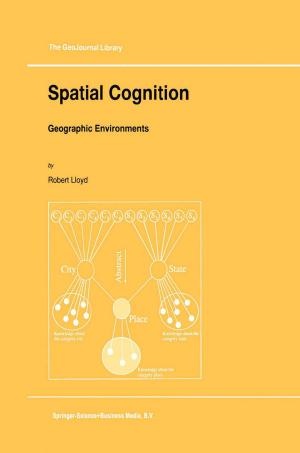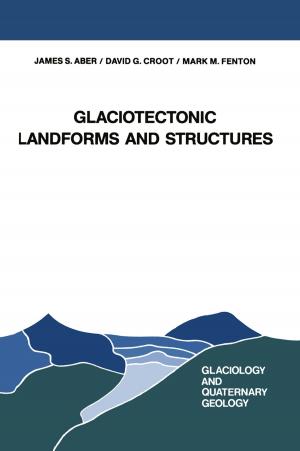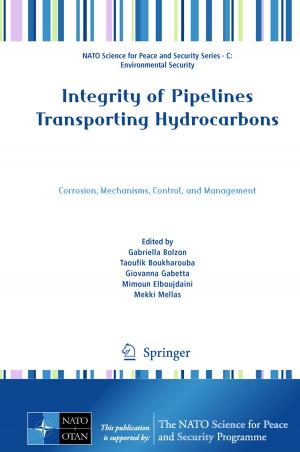Advances in Peptic Ulcer Pathogenesis
Nonfiction, Health & Well Being, Medical, Specialties, Internal Medicine, Gastroenterology| Author: | ISBN: | 9789400912458 | |
| Publisher: | Springer Netherlands | Publication: | December 6, 2012 |
| Imprint: | Springer | Language: | English |
| Author: | |
| ISBN: | 9789400912458 |
| Publisher: | Springer Netherlands |
| Publication: | December 6, 2012 |
| Imprint: | Springer |
| Language: | English |
Over the past decade a great deal of research activity has occurred on either side of the gastroduodenal epithelial interface, with the common goal of elucidating the mechanisms of mucosal protection and how these may be compromised in peptic ulcer disease. A prime stimulus to such research has been the realization that abnormal acid secretion or its delivery into the duodenum in excessive amount cannot fully explain ulcer pathogenesis in the majority of patients. One may envisage the stomach and proximal duodenum as being in a dynamic equilibrium, with aggressive luminal factors, such as acid and pepsin, being counteracted by protective mucosal mechanisms. Until recently, the mechanisms involved in mucosal protection had been poorly defined while the physiology and pathophysiology of acid and pepsin secretion had been elucidated. The impression that gastroduodenal mucosa was protected by a single mechanism has at last been replaced by a more realistic view, suggesting a number of protective zones acting in series. Some of these zones may act as first or second line defences against aggressive factors while certain zones may specifically protect against certain aggressors.
Over the past decade a great deal of research activity has occurred on either side of the gastroduodenal epithelial interface, with the common goal of elucidating the mechanisms of mucosal protection and how these may be compromised in peptic ulcer disease. A prime stimulus to such research has been the realization that abnormal acid secretion or its delivery into the duodenum in excessive amount cannot fully explain ulcer pathogenesis in the majority of patients. One may envisage the stomach and proximal duodenum as being in a dynamic equilibrium, with aggressive luminal factors, such as acid and pepsin, being counteracted by protective mucosal mechanisms. Until recently, the mechanisms involved in mucosal protection had been poorly defined while the physiology and pathophysiology of acid and pepsin secretion had been elucidated. The impression that gastroduodenal mucosa was protected by a single mechanism has at last been replaced by a more realistic view, suggesting a number of protective zones acting in series. Some of these zones may act as first or second line defences against aggressive factors while certain zones may specifically protect against certain aggressors.















